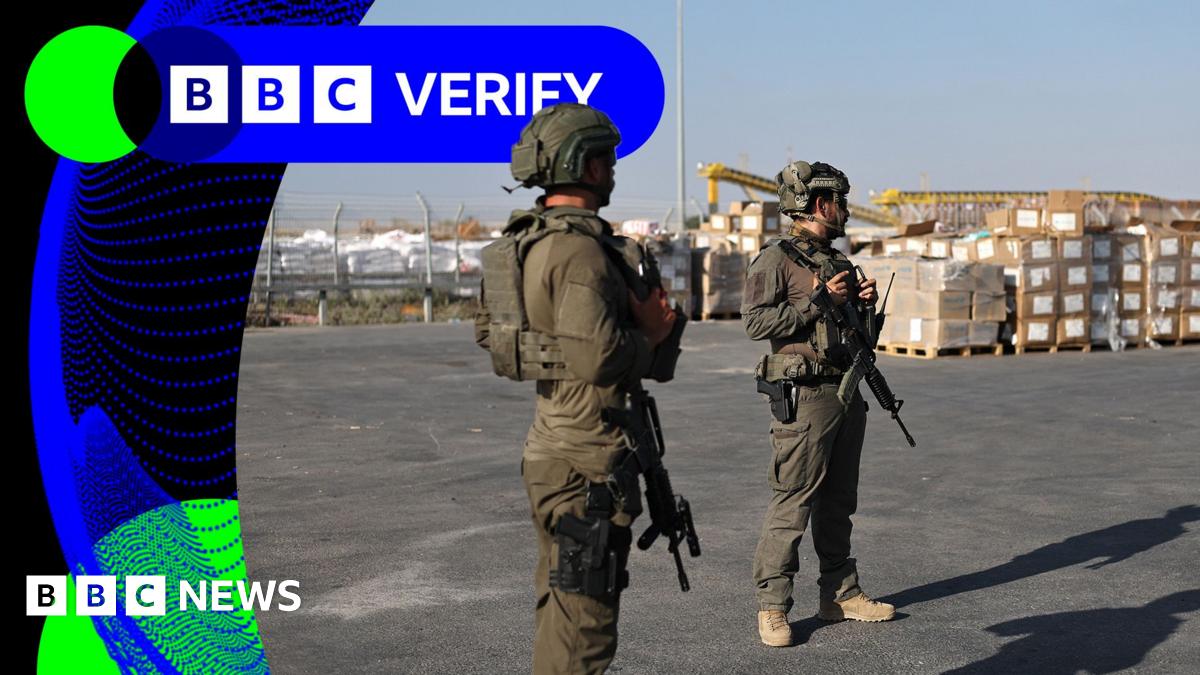Iran's Buyer's Remorse? Russia's Shahed Drone Deal Faces Scrutiny

Iran's Potential Regret in the Shahed Drone Deal with Russia
The ongoing conflict in Ukraine has thrust Iran's Shahed drones into the global spotlight. Initially hailed as a significant military technology transfer, the deal between Iran and Russia is now facing increased scrutiny, with some analysts suggesting Iran may be experiencing a case of “seller’s remorse.” While the exact details of the agreement remain shrouded in ambiguity, emerging evidence points to potential complications and a growing sense of dissatisfaction within Iran.
The Initial Agreement and Expectations
For Iran, the agreement to supply Russia with Shahed drones offered several apparent benefits. It provided a crucial revenue stream amidst economic sanctions, demonstrated Iran's technological capabilities, and strengthened ties with a key strategic ally. Russia, in turn, gained access to relatively inexpensive and readily available drones to bolster its military operations in Ukraine. The initial arrangement seemed mutually beneficial – a win-win scenario for both nations.
Rising Concerns and Performance Issues
However, reports from Ukraine and independent observers paint a less rosy picture. The Shahed drones, while capable of causing damage, have proven to be relatively easily intercepted by Ukrainian air defenses. Their accuracy has also been questioned, with numerous instances of missiles striking civilian areas rather than military targets. This poor performance has reportedly led to concerns within the Iranian leadership regarding the potential reputational damage and the implications for Iran's own security.
The 'Seller's Remorse' Hypothesis
The “seller’s remorse” theory suggests that Iran may have underestimated the intensity of the conflict and the sophistication of Ukrainian defenses. Furthermore, the widespread use of Iranian drones by Russia has drawn increased international attention to Iran’s military activities, potentially triggering stricter sanctions and further isolating the country. There's also speculation that Russia may not be fulfilling its end of the bargain, failing to provide Iran with the promised advanced technology or financial compensation.
Geopolitical Ramifications
The evolving situation has significant geopolitical ramifications. It highlights the complexities of military-technical cooperation between nations, particularly when one party is facing international pressure. It also raises questions about the long-term sustainability of the Iran-Russia partnership. Western intelligence agencies are closely monitoring the situation, anticipating potential shifts in the balance of power and the impact on regional stability.
Looking Ahead: Uncertainties and Future Prospects
The future of the Shahed drone deal remains uncertain. Iran may attempt to renegotiate the terms of the agreement, curtail drone shipments, or publicly distance itself from Russia's actions. However, given the established relationship and Russia’s continued need for military equipment, a complete breakdown of the partnership seems unlikely. Regardless of the outcome, the episode serves as a cautionary tale about the risks and rewards of international arms deals in a volatile geopolitical landscape. The effectiveness of the drones, the potential for sanctions, and the overall impact on Iran's international standing will continue to be key factors shaping the future of this controversial partnership.






